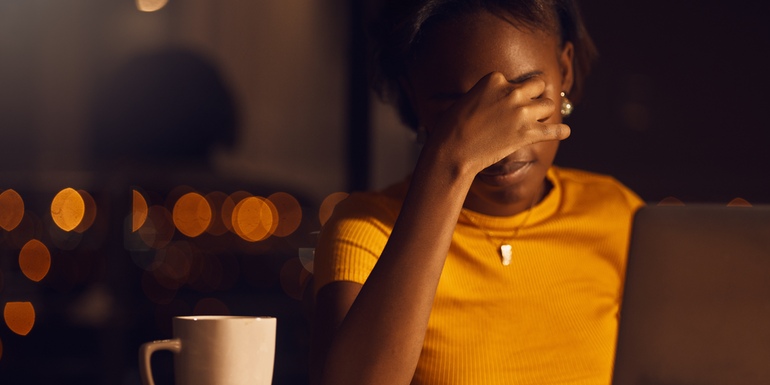Our minds are extraordinary. The human brain has evolved to solve complex problems and successfully manage unexpected situations, and yet, coping is less about what is happening in the world and more about how our senses decipher the situation.
Perception is everything; this is why coping mechanisms focus on managing, reframing, or avoiding how we perceive triggers and stressors. Suppose our inability to cope is hindering us from enjoying a full life, achieving our goals, or causing hurt to others. In that case, we must adopt and adapt the best tools to overcome and reduce anxiety.
Depression and anxiety often co-occur, and many individuals with depression also experience symptoms of anxiety. In some cases, anxiety can lead to depression, and in others, depression can lead to increased anxiety levels. The exact relationship between depression and anxiety is complex and may be influenced by various factors, including genetics, life experiences, and brain chemistry.
For severe cases, you need to talk to someone and see a professional who can help. If you are feeling helpless, it will seem impossible to regain control of your mental health.
South Africa has one of the lowest mental health scores in the world. A 2022 Wits University study showed that 25.7% of South Africans are probably depressed, with more than a quarter of respondents reporting moderate to severe symptoms of depression.
Approximately 9.5% of American adults, ages 18 and over, will suffer from a depressive illness each year and more than 31% experience an anxiety disorder at some point in their lifetimes. In the UK, the figures are around 8% for depression, and about 1 in 20 suffer from anxiety disorders.
A sudden onset of mild anxiety can be triggered by many things—from a significant event, like a death in the family, to everyday stressors, such as work or budget worries—but sometimes it can be caused by seemingly nothing at all—or even issues we are not consciously aware of.
Psychological research has proven the importance of relaxation as an effective technique for managing anxiety, recognizing that we can influence our minds by taking control of our bodies (Strycharczyk & Clough, 2015). Here are two ideas if we are looking for an immediate interruption to a pattern of anxiety or even an unexpected onset.
1. Controlled distraction
Like self-talk, controlled distraction reduces anxiety by redirecting attention away from a negative situation. When a quick fix is required, take your mind off your anxiety by focusing on something that doesn’t cause stress. For example, before giving a presentation or having a difficult conversation, count lights or ceiling tiles, listen to music, or imagine being at a happy event.
2. The Mitchell Relaxation Method
According to positivepsychology.com, this technique involves flexing and relaxing specific muscles to increase awareness of body position, breathing, muscles, joints and where we might be holding tension. As we focus on this, we’re able to intentionally release somatic tension and increase our mindfulness, which helps reduce anxiety.
If we can see stress not as something to be shied away from but as an opportunity to embrace, we can live a more complete, authentic life. After all, although evolution has shaped our minds and bodies, we are free to choose how we react and behave. Overcoming challenges, pitfalls, and failures in life are just as crucial as celebrating the wins and enjoying happy outcomes. Stress can be a valuable force for growth.

